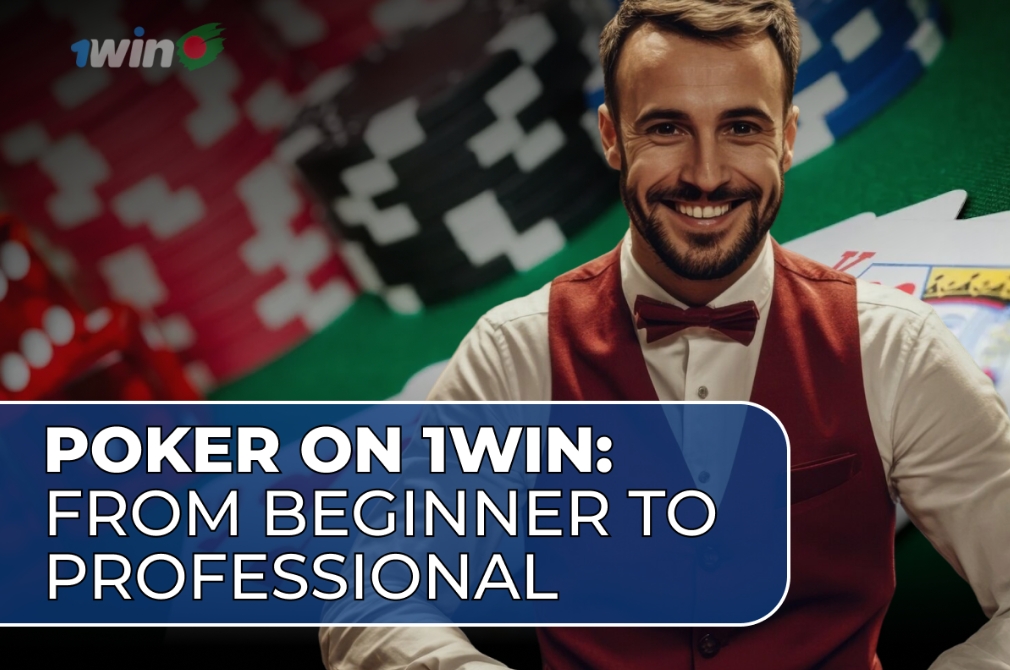From family traditions that encourage sports betting to peer pressure in a casino environment, the influence of social norms on Wolf777 (https://wolf777.com.in/) gamblers is ubiquitous. In addition, media and advertising can further reinforce this behaviour, making gambling appear normal and even desirable.
In this article, we look at cultural influences, the role of family and peers, and the impact of the media to develop effective policies and interventions to promote responsible gambling.
Influence of Social Norms on Gambling Behaviour
Social norms are important in shaping people’s attitudes and behaviour towards gambling on Wolf777. Cultural backgrounds, family influences, peer pressure and media representations are all relevant to the issue of gambling.
Cultural Influence
Cultural backgrounds and societal values influence people’s attitudes towards gambling. In some cultures, gambling may be rooted in tradition and ritual, seen as a harmless form of entertainment or even as a means of socialising. For example, in some Asian cultures, games such as mahjong and baccarat are traditional entertainment at social gatherings and festivals and are often seen as a way of fostering camaraderie and good luck.
Conversely, in cultures where gambling is prohibited or strictly regulated, such as in some Middle Eastern countries, attitudes may be more conservative and gambling on Wolf777 casino perceived as morally wrong or socially unacceptable. These cultural norms shape people’s perceptions of gambling and are reflected in what is considered normal or deviant behaviour.
Family and Peer Influences

Family traditions and peer pressure are also important in shaping participation in gambling. Growing up in a family where gambling is considered the norm or even encouraged may predispose an individual to Wolf777 login and view gambling as a socially acceptable activity. Family gatherings and activities may revolve around card games or sports betting, further reinforcing the notion that gambling is harmless.
Peer pressure can also influence gambling behaviour, particularly among adolescents and young people. Social circles in which gambling is prevalent can create a sense of peer pressure and people feel compelled to join them in order to fit in or avoid social isolation.
Media and Advertising
Media and advertising also shape perceptions of gambling and influence consumer behaviour. From glamorous images of high-stakes casinos to enticing promotions on Wolf777 cricket offering the chance to win big, media representations of gambling often glamorise the activity and downplay its risks.
Advertising, in particular, can be very persuasive in promoting gambling products and services. Through marketing campaigns, gambling operators aim to attract new users and encourage existing users to increase the frequency of gambling sessions.
The Impact of Social Norms on Problem Gambling
The stigma and shame associated with gambling behaviour can deter people from seeking help, while some connections can provide the necessary resources for recovery.
Stigma and Shame
One of the biggest barriers to addressing gambling is stigma and shame. In many societies, gambling is often seen as a personal failing or moral weakness rather than a recognised mental health problem. This social stigma can lead to people feeling ashamed and self-deprecating, making it difficult to recognise their problems and seek help.
In addition, people may fear judgement and social ostracisation if their gambling problem becomes known to friends, family or community members. This fear of stigmatisation can prevent people from talking about their experiences or seeking support, contributing to feelings of isolation and hopelessness.
The impact of stigma on problem gambling is compounded by a lack of awareness and understanding of the condition in society. Without widespread recognition of problem gambling as a legitimate health problem, people may find it difficult to access appropriate treatment and support services, further increasing their feelings of shame and isolation.
Support Systems
Social support is essential to the recovery of people suffering from problem gambling after Wolf777 betting login. Supportive relationships with friends, family and peers can provide emotional support, practical help and accountability for people seeking to change their gambling behaviour.
However, the availability and effectiveness of support systems can be influenced by social norms in society. In cultures where gambling is stigmatised or taboo, people may be less likely to disclose their gambling problems to others, limiting their access to help. In addition, family members and friends may be less prepared to recognise the signs of problem gambling or offer appropriate help due to lack of awareness or understanding.
Conversely, in communities where problem gambling is recognised as a real problem, people may feel more comfortable to openly discuss their concerns and seek help from professional services. Public education campaigns and community initiatives aimed at reducing stigma and raising awareness of problem gambling on Wolf777 sports can help all those in need.









